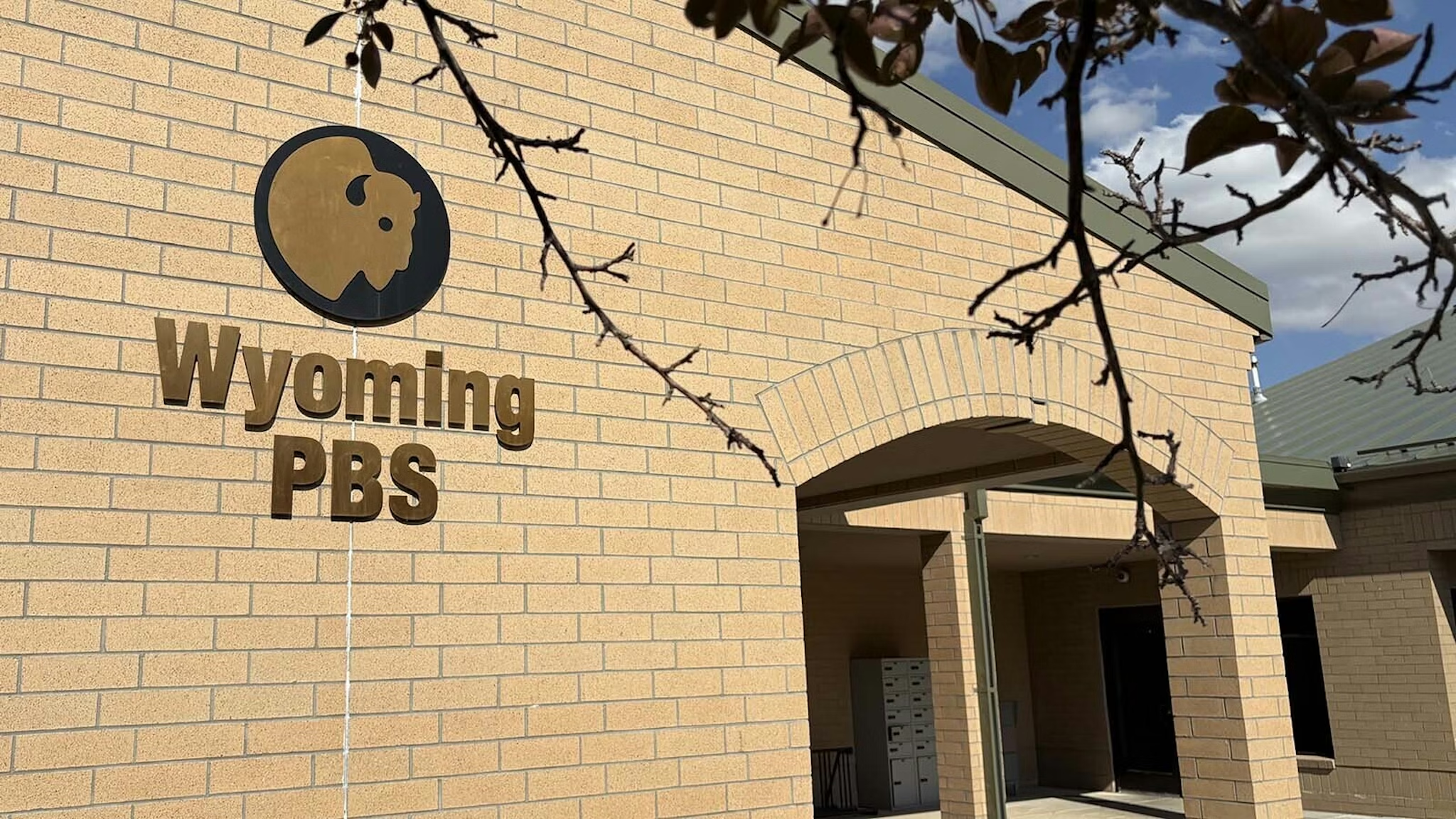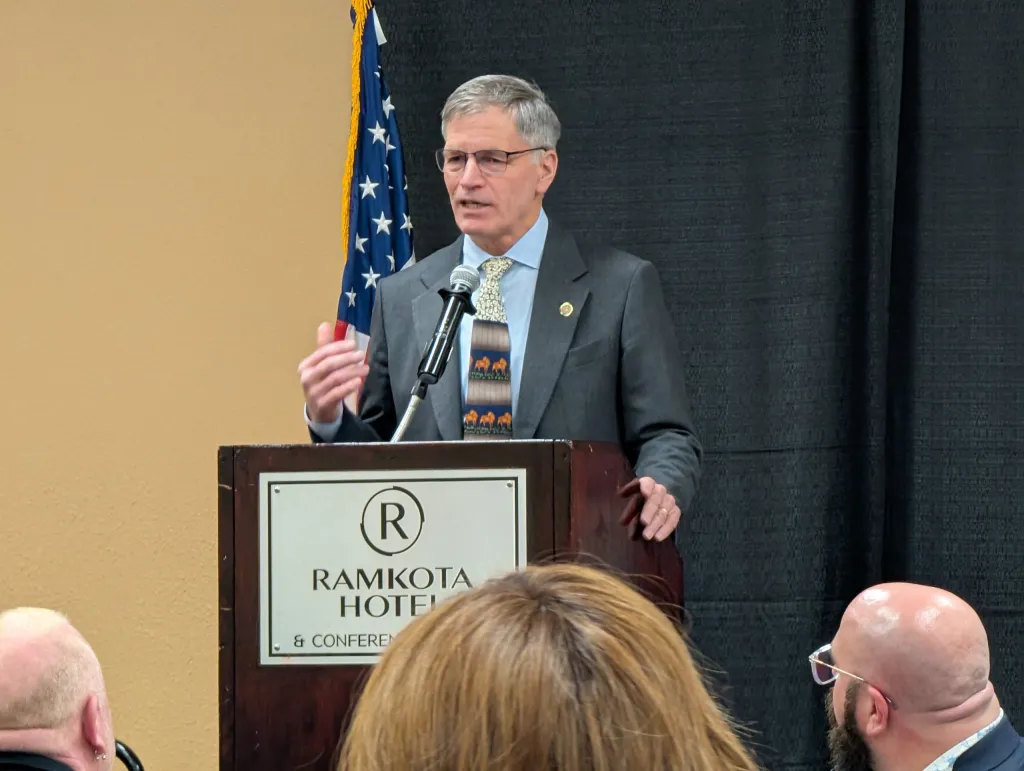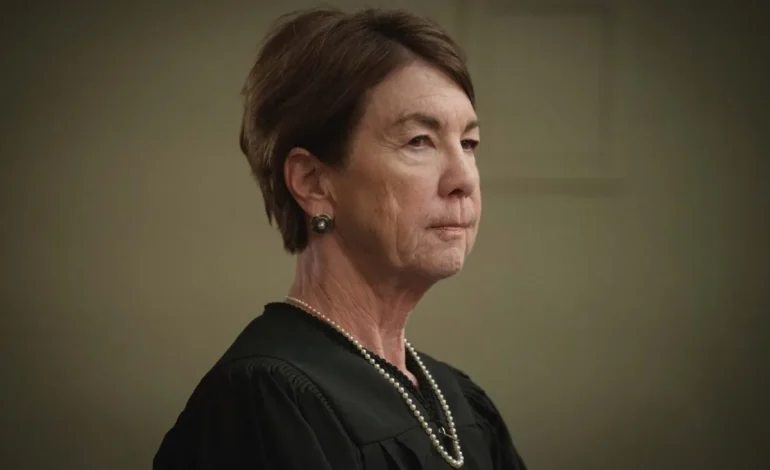In her final official appearance before state lawmakers, Wyoming Supreme Court Chief Justice Kate Fox offered a strong defense of the state’s judicial selection process amid growing scrutiny and proposed reforms from some legislators, WyoFile reports.
Fox’s testimony, delivered at a May 19 Joint Judiciary Committee meeting in Torrington, came as certain lawmakers, particularly those aligned with the Wyoming Freedom Caucus, called for greater transparency and legislative oversight in how judges are chosen. Critics argue the current process lacks public accountability and is influenced by insiders, while defenders warn that proposed changes risk politicizing the judiciary.
Wyoming currently uses a version of the Missouri Plan to appoint judges. Under this system, a seven-member Judicial Nominating Commission—composed of three attorneys selected by the state bar, three gubernatorial appointees, and the chief justice as chair—reviews applicants and sends three nominees to the governor for final selection. The names of applicants are kept confidential during this process, a point that has drawn criticism from some lawmakers who argue that more public visibility is needed.
Justice Fox, who will retire on May 27 after 11 years on the bench due to mandatory age limits, emphasized the importance of maintaining judicial independence. Quoting the judicial conduct code, she noted, “A judge shall not be swayed by public clamor or fear of criticism,” and warned that proposed changes could expose the judiciary to “political and financial influence.”
The push for reform follows a wave of national and state-level criticism of the courts. In Wyoming, some recent court decisions—particularly rulings that blocked abortion-related legislation—have fueled calls from the Freedom Caucus to reassess how judges are selected.
Rep. Jayme Lien (R-Casper) led the charge at the committee meeting, advancing a proposal to require Wyoming Senate confirmation for state Supreme Court appointments. Though her initial motion for a broader bill requiring Senate approval for all judicial appointments failed in a tie vote, a second motion—asking the Legislative Service Office to draft a proposed constitutional amendment for Supreme Court confirmation—passed narrowly by an 8–6 margin.
That proposal, if ultimately approved by the Legislature, would go before voters for final approval. Lawmakers also raised concerns about the practicality of requiring Senate confirmation, given Wyoming’s part-time legislature and the possibility that vacancies could arise while the Senate is not in session.
Some lawmakers expressed skepticism about the need for sweeping reform. Rep. Tom Kelly (R-Sheridan) said while the judiciary could benefit from greater transparency—such as publicizing the names of judicial applicants—he does not believe the system is fundamentally broken.
“Anything that government institutions can do to be open and transparent will help bolster faith in our system again,” he said.
Chief Justice Fox acknowledged that greater transparency could be considered.
“I think the court would be open to revising that process,” she said when asked about releasing applicant names.
However, she also questioned the motivation behind calls for reform.
“Before we start saying ‘how can we fix it?’ I really want to know what is wrong with it,” she told the committee.
Polling data from late 2024 showed that a majority of Wyoming residents remain confident in the judiciary. According to the Wyoming Survey and Analysis Center, only 13% of respondents disapproved of how state judges handle their jobs, while over 40% approved.
The Judiciary Committee is set to revisit the issue in August during its next meeting in Casper. Any proposed constitutional amendment would require majority support from committee members in both legislative chambers and a two-thirds vote for introduction in the 2026 budget session, raising the stakes for those pushing reforms.










The latest news in your social feeds
Subscribe to our social media platforms to stay tuned